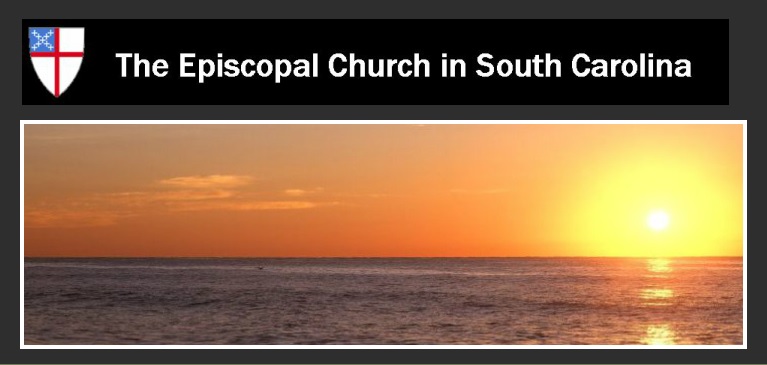Earlier this week, a South Carolina judge denied The Episcopal Church in South Carolina’s motion to dismiss a betterments case brought against them by breakaway churches who retain physical control of more than two dozen parishes embroiled in legal controversy. In November 2017, the breakaway group filed a betterments claim, seeking compensation for improvements made to the properties in question. Betterments are defined as, “improvements to a property or to surrounding infrastructure, such as roads or sewers, that boost the value of a property.” Betterments are not, by contrast, general maintenance that would be undertaken in the general care of property.
This denial of The Episcopal Church in South Carolina’s motion comes one week before they, in conjunction with The Episcopal Church, are set to begin mediation with the breakaway group, who retain the name The Protestant Episcopal Church in the Diocese of South Carolina and are affiliated with the Anglican Church in North America (ACNA). This is the most recent step in a drawn-out legal battle that dates back to late 2012 when the parishes left The Episcopal Church.
In a statement to the Sumter (SC) Item, Jim Lewis, Canon to the Bishop of the Diocese of South Carolina, stated, “”From our perspective, it would mean, if we lost control of the property because of this trust interest, then The Episcopal Church doesn’t get all this property for free…They will have to pay for it in some fashion.”
In a post on the topic of Betterments payments, blogger Ronald James Caldwell noted that, although the exact dollar figure for these payments cannot be determined, some parishes listed hefty sums in the original lawsuit, including St. Luke’s, Hilton Head, who listed $7 million in their Betterment claim. If The Episcopal Church in South Carolina and The Episcopal Church were made to pay the full amounts, it could easily total millions if not tens of millions of dollars.
Although the Betterments claim could potentially cost The Episcopal Church in South Carolina and The Episcopal Church a great deal of money, Caldwell is quick to point out that the good news is that, should they have to pay, it would be because they have regained physical control of the properties in question and ending a years-long property dispute.

